Lately I have been doing a lot of research on how to increase and maintain testosterone levels naturally through exercise, proper sleep and DIET!! You remember the old phrase – “You are what you eat”? Yeah, it is true. Especially true if you are looking to limit your caloric intake but maintain your testosterone levels.
In our bodies every day there is a bit of a battle going on between testosterone and estrogen. Estrogen in a man’s body leads to fat gain, loss of muscle mass and can actually decrease the effects of testosterone (don’t believe me? Click here). In your diet, you not only need to worry about what can lead to higher levels of testosterone but also what would increase estrogen levels. Pay particular attention to foods that have a high levels of phytoestrogens – a plant based hormone that does a really good job of mimicking human estrogen.
So what are the foods that are often recommended for weight control but are robbing you of the most manly of hormones? Let’s take a look at 8 ‘good for you’ foods you might want to avoid if you are focusing on your testosterone levels and why you should limit your intake of each.
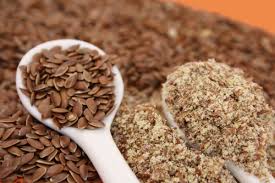
Flaxseed –
This small seed is often added to food, especially when dieting, to add a lot of filling fiber without a lot of calories and for its benefits in cardiovascular health. The challenge is this small seed is actually considered to be the #1 way to increase your healthy estrogen levels. It packs high levels of Lignans (a phytoestrogen shown to directly compete with estrogen in women’s bodies) and should be avoided.
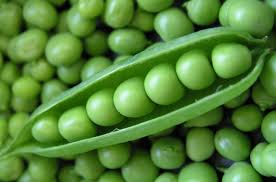
Peas –
Not going to lie, I was not sad when I saw these on the list. Peas are not my favorite and you will almost never see me eating them by their lonesome. The fact that they have some of the highest levels of phytoestrogens are just another reason for me to grab another serving of broccoli.
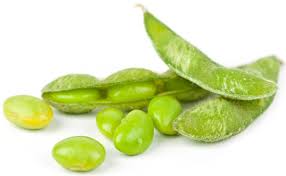
Soy beans-
So this is a 4 for the price or 1 category as this also includes Soy Milk, Temphe and Tofu. These favorites of the vegetarian and vegan clans are contained in just about every imitation meat product known to man. Soy beans and the various bi-products are another food that are high in phytoestrogens, so much so that peri-menopausal and menopausal women are often advised to up their intake of the wonder legume to increase their estrogen levels.
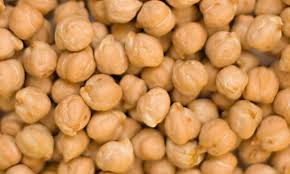
Chickpeas –
Great in Hummus. Wonderful in falafels. I even have a great recipe for spicy roasted chickpeas that we will substitute for a protein on meatless Mondays. Also a great source of phytoestrogens. If higher T is your goal, avoid them.
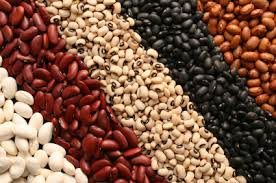
Beans –
Yes, they are high in fiber. Yes, they are high in protein (bring on the muscles!!) Yes, they can make you feel full for longer (curbing appetite). Yes they are magic when included in Mexican dishes. Yes, they are chock full of, you guessed it, phytoestrogens. Avoid if you can. Eat in moderation if you can’t give up the 7-layer dip.
Alfalfa Sprouts –
Just in case as a guy you needed a reason to avoid Alfalfa Sprouts, now you do. You are welcome.
Bran Cereals –
Have you sensed the theme yet? Yeah I thought so.
Sesame Seeds –
Last but not least. As if you needed another reason to avoid Big Macs while you are trying to put health first but that sesame seed bun is hijacking your attempts at increase your free testosterone.
Please don’t get me wrong about the list above, given the choice between a Big Mac and anything on the list above, pick from the list above!!! However if you are really focused on your testosterone levels, avoid these and choose other healthy items. Speaking of which, click here for a list of the top 12 foods you should be eating to help promote testosterone production and retention!!


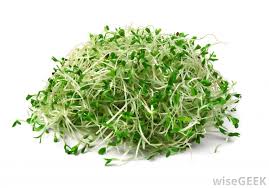
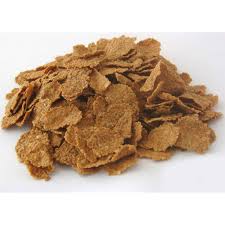
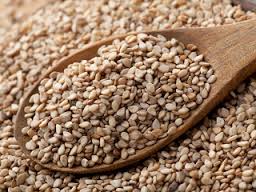
Alfalfa Sprouts Actually increase Testosterone levels via peer reviewed scientific studies. Calls into question this entire post.
LikeLike
Matthew – would love to see the sources you are referencing. Post was written 5 years ago so no question our understanding could have changed.
Can you share the peer reviewed studies you reference?
Thank you for stopping by and noticing as well.
Stay Well
-Drew
LikeLike